Elementary School Building Committee members on Thursday talked about energy code compliance as well as the process by which the town will receive reimbursement from the Massachusetts School Building Authority for the Charleswood School project.
Chris Eberly, project manager for Vertex, said that Passive House, a standard for energy efficiency in buildings, is the “most straightforward, clearest route” to specialized energy code compliance.
Dan Colli, project manager at Perkins Eastman, said Passive House is a private agency like Leadership in Energy and Environmental Design (LEED), a green building certification program. He said it is another version of third-party certification. Although the way the code is written does not technically say it is required, Colli said that it essentially is required.
“It says, ‘You don’t need to get Passive House certification, but you need a letter from Passive House certifying it.’ It is impossible to get one without the other,” Colli said.
The board approved authorization of $33,175 to register for the program.
Given the frequent changes to the energy code, ESBC member Mike Shepard said it’s “probably money well spent.”
Eberly noted that there was a budget line item already set aside for this purpose. He reminded the committee that the Massachusetts School Building Authority (MSBA) “dramatically increased” its reimbursement rate by an additional 4% ($5 million) last fall, shortly before it was brought to the voters for a decision.
It is anticipated that MSBA will reimburse the town $61 million of the $158 million project.
MSBA process outlined
In answer to ESBC member Bill Flannery’s questions about MSBA and energy reimbursements, Eberly gave a breakdown of how it works during each stage of the project.
For example, Eberly said during the feasibility phase, the MSBA cut checks to the town monthly “with a slight lag time,” once every expense was reviewed and audited.
In the design phase, he said MSBA shifted to get Massachusetts Environmental Protection Act (MEPA) involved and will not execute a project scope and budget funding agreement until all the issues MEPA identifies are resolved.
“The budget funding agreement is what kicks off design phase reimbursement similar to what happened in the feasibility phase,” Eberly said.
But reimbursement is on hold until a MEPA certificate is granted, once all that agency’s requirements are met, he added. Initially, it was anticipated that the certificate would be received next February, but now it is likely to happen in November of this year instead.
“At that point [in November], all the costs you’ve paid to this point … MSBA will cut you a check based on your reimbursement rate, and that will kick off the monthly process to continue into construction,” Eberly said.
He said MSBA holds back 5% of the total reimbursement kind of like an insurance policy so that it does not overspend. That money gets released pending a final audit “two to three years later if you are unlucky and 18 months to two years [otherwise],” Eberly said.
Flannery questioned the timeline for energy rebates from MassSave and the Inflation Reduction Act (IRA). Eberly replied it could take 18 months to two years after the project is verified for MassSave reimbursement, and it could be two to three years after the project is completed for IRA funds.
“IRA is relatively new, and we have not seen projects make their way through it yet,” he added.
Abutter meetings ‘going well’
In other business, ESBC chair Jon Graziano reported on recent visits with three abutters to the Hayden Rowe Street project who are impacted by proposed road improvements.
They walked the property, and Graziano felt the individual conversations went well. “Neighbors expressed concerns, but nothing seemed too unreasonable,” he said.
However, there are three or four other impacted households that did not respond yet. Graziano said he would follow up with these residents, and Vertex and landscape engineers “will see what we do to alleviate their challenges and try to come to an agreement in individual households.”
The ultimate plan is to return to the ESBC to report on the total amount that it will take to address the abutters’ concerns.
“It is always nice to be able to walk the property and to see collectively what the issues are and might be,” Graziano said.
Permitting process updated
Eberly also gave the board an update on the town permitting process, noting the Conservation Commission requested a site visit on Aug. 1, and therefore it made sense to move future discussions with the Conservation Commission from the next meeting on July 30 to Aug. 13 or Aug. 20.
“There was no significant opposition voiced,” he said, and the design team is looking at the peer review, which is pending. Eberly noted that in between meetings, he reached out to the ESBC chair to approve $4,900 for Lucas Environmental to conduct the review.
He invited anyone interested in going on the site visit from the ESBC to be aware it is “deep in the woods in overgrown areas,” with a lot of ticks and mosquitoes.
The first appearance before the Planning Board will be on Aug. 5, and a peer review by Tighe and Bond costing $16,000 had been authorized by the chair, Eberly said.


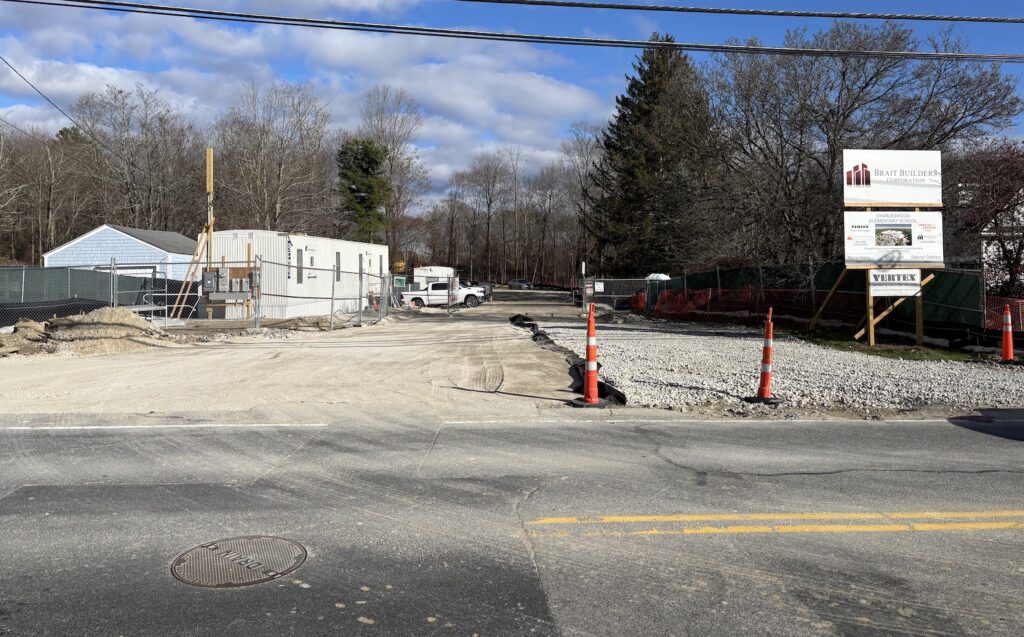
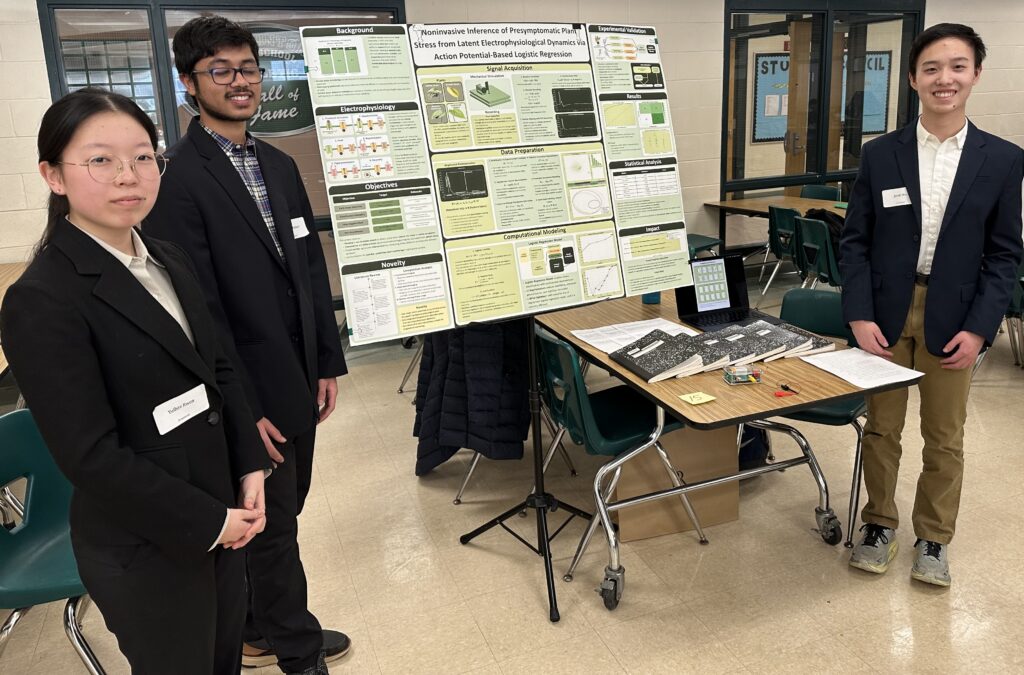
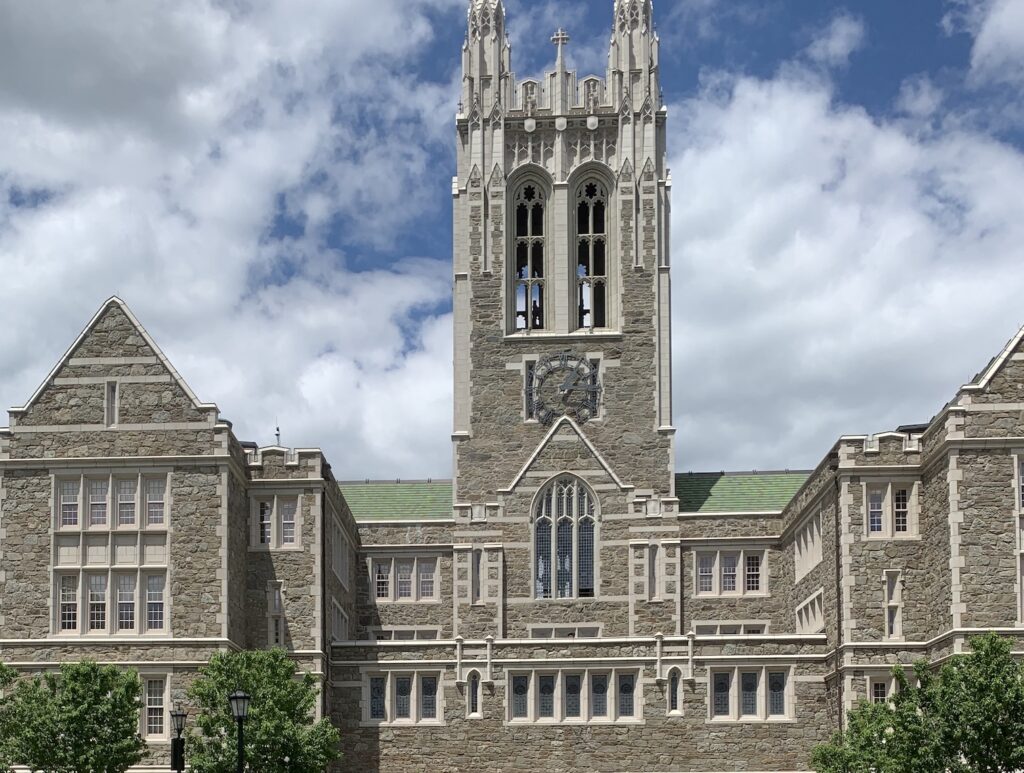
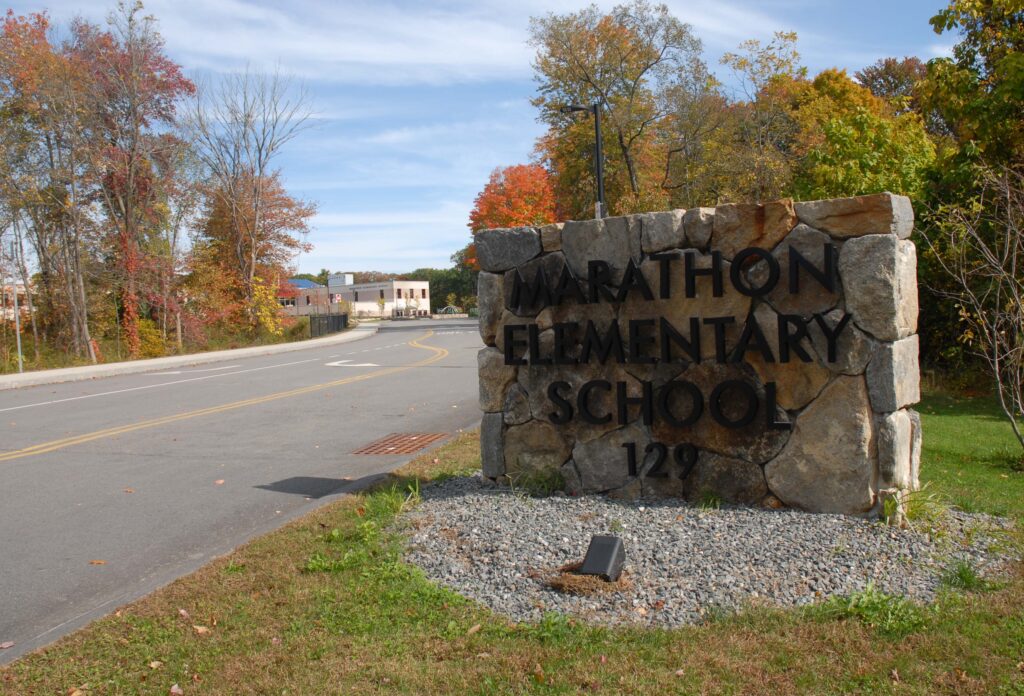

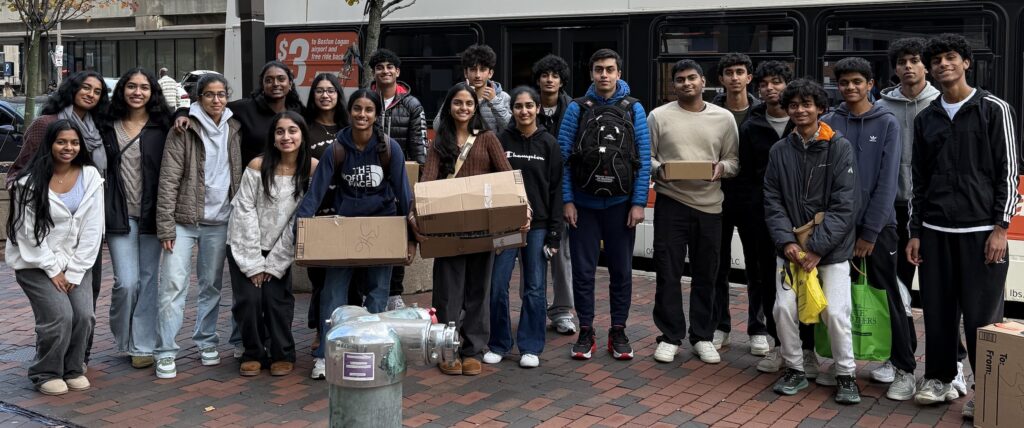













0 Comments